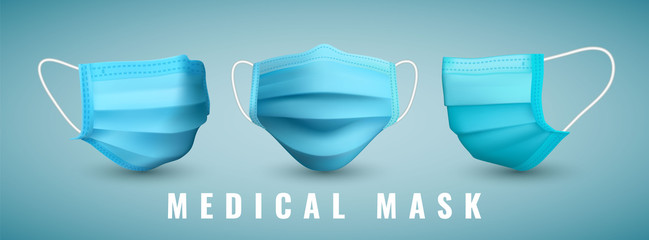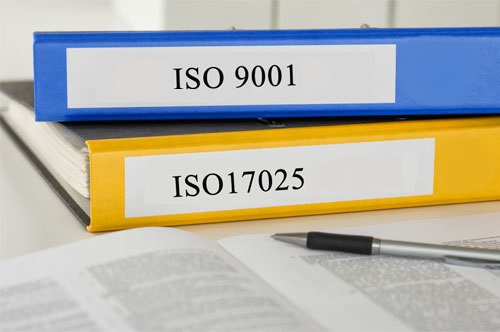
CE Mark certification is an important product certification for many products to enter into the European market. Lately, with the outbreak of coronavirus pandemic, the CE certification of masks has become very popular.
Putting it simply, surgical masks are masks used by sick people, so as not to spread the virus or the disease. Whereas, the masks used by healthcare workers to protect themselves are medical masks. Those with a high risk of contact should wear respirators (N95) and those with a low risk should use a surgical mask.
Surgical masks need to fulfill the requirements of the Medical Devices Directive (MDD) - 2017/745 of the European Union and should be manufactured in accordance with these principles. Surgical masks fall under Class Ⅰ of the medical equipment classification.
Class Ⅰ of the medical equipment is the category of Personal Protective Equipment (PPE). Equipment under this category does not disturb the user, does not cause any irritation or similar effects during the use, and safeguards against minimum risks. Thus, this personal protective equipment is only suited in situations of minimal risk.
CE certified and approved filters and masks that comply with EN 149 are one of the measures that reduce coronavirus exposure. These medical masks are designed to protect users from exposure to airborne particle hazards. Major particles in the air are biological agents such as viruses and bacteria, and these can be filtered by particle filter medical masks.
Unlike industrial particles, permissible exposure limits for biological pollutants such as viruses that cause epidemics have not been established. Therefore, these masks do not guarantee that users will not get infected. These masks only reduce exposure and are protective.
Medical masks supporting the CE mark must meet the following requirements of the EN 149 standard:
- Cleaning and disinfection
- Application related performance
- Flammability
- Compatibility with the skin
- Leakage
- The carbon dioxide content of the breathing air
- Mask ties
- Field of view
- Exhalation valves
- Respiratory resistance
- Occlusion
Eurotech Assessment and Certification Services Pvt. Ltd. provides CE Mark Certification for all classes of Medical Devices. Within the scope of our certification services, we also provide CE Certification for medical masks. Our Certification Team of experts help you in meeting all the essential requirements of Medical Devices Directive of the European Union. We not only provide Certification but also provide testing services for your medical device through our sister concern.
For more information, contact trg@eurotechworld.net or fill out the form below to get your QUOTE today.

